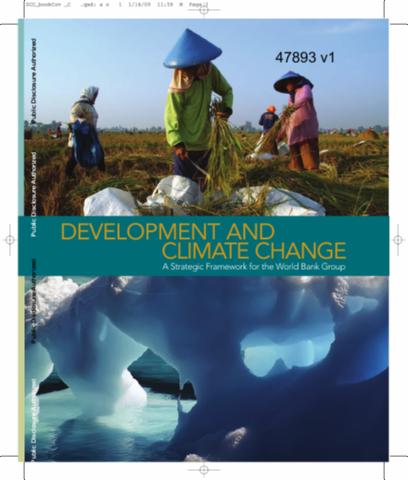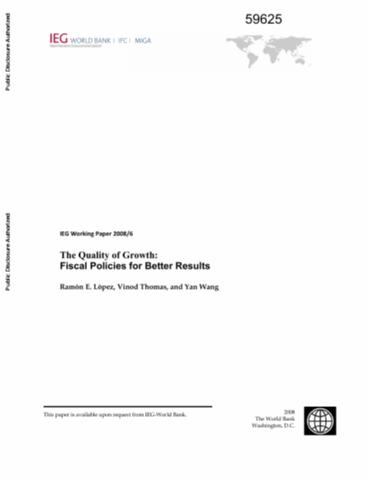The World Bank is a vital source of financial and technical assistance to developing countries around the world. We are not a bank in the ordinary sense but a unique partnership to reduce poverty and support development. The World Bank Group has two ambitious goals: End extreme poverty within a generation and boost shared prosperity.
- To end extreme poverty, the Bank's goal is to decrease the percentage of people living on less than $1.25 a day to no more than 3% by 2030.
- To promote shared prosperity, the goal is to promote income growth of the bottom 40% of the population in each country.
The World Bank Group comprises five institutions managed by their member countries.
The World Bank Group and Land: Working to protect the rights of existing land users and to help secure benefits for smallholder farmers
The World Bank (IBRD and IDA) interacts primarily with governments to increase agricultural productivity, strengthen land tenure policies and improve land governance. More than 90% of the World Bank’s agriculture portfolio focuses on the productivity and access to markets by small holder farmers. Ten percent of our projects focus on the governance of land tenure.
Similarly, investments by the International Finance Corporation (IFC), the World Bank Group’s private sector arm, including those in larger scale enterprises, overwhelmingly support smallholder farmers through improved access to finance, inputs and markets, and as direct suppliers. IFC invests in environmentally and socially sustainable private enterprises in all parts of the value chain (inputs such as irrigation and fertilizers, primary production, processing, transport and storage, traders, and risk management facilities including weather/crop insurance, warehouse financing, etc
For more information, visit the World Bank Group and land and food security (https://www.worldbank.org/en/topic/agriculture/brief/land-and-food-security1
Resources
Displaying 4741 - 4745 of 4907No-burn agricultural zones on Honduran hillsides: Better harvests air quality and water availability by way of improved land management
Implications of Alternate Policies on Welfare of Slum Dwellers : Evidence from Pune, India
In this paper we examine how slum dwellers value location-based amenities. In most developing country cities, residents living in slums have poor-quality dwellings and limited access to basic public services and amenities. Using data from Pune, India, we estimate the residential location choices of slum dwellers, which are conditional on housing quality, neighborhood amenities, and community structure. We use these estimates to simulate the impact of alternate interventions on household welfare. We find that households derive benefits from housing quality and neighborhood amenities.
Land Titling and Rural Transition in Vietnam
We examine the impact of the 1993 Land Law of Vietnam, which gave households the power to exchange, transfer, lease, inherit, and mortgage their land-use rights. We use household surveys before and after the law was passed, together with the considerable variation across provinces in the speed of implementation of the reform, to identify the impact of the law. We find that the additional land rights led to statistically significant increases in the share of total area devoted to long-term crops and in labor devoted to nonfarm activities.
Development and Climate Change
This strategic framework serves to guide and support the operational response of the World Bank Group (WBG) to new development challenges posed by global climate change. Unabated, climate change threatens to reverse hard-earned development gains. The poorest countries and communities will suffer the earliest and the most. Yet they depend on actions by other nations, developed and developing. While climate change is an added cost and risk to development, a well-designed and implemented global climate policy can also bring new economic opportunities to developing countries.
The Quality of Growth
The world faces unprecedented opportunities to reduce global poverty and improve human welfare. Strong global growth and better economic policies in recent years have substantially reduced poverty in many developing countries. However, with the recent financial turmoil in the United States and rising prices for food, oil, and other commodities, the world economy faces heightened risks and volatility. Policymakers around the world face the challenge of maintaining momentum in growth, as well as of improving the quality of growth.









